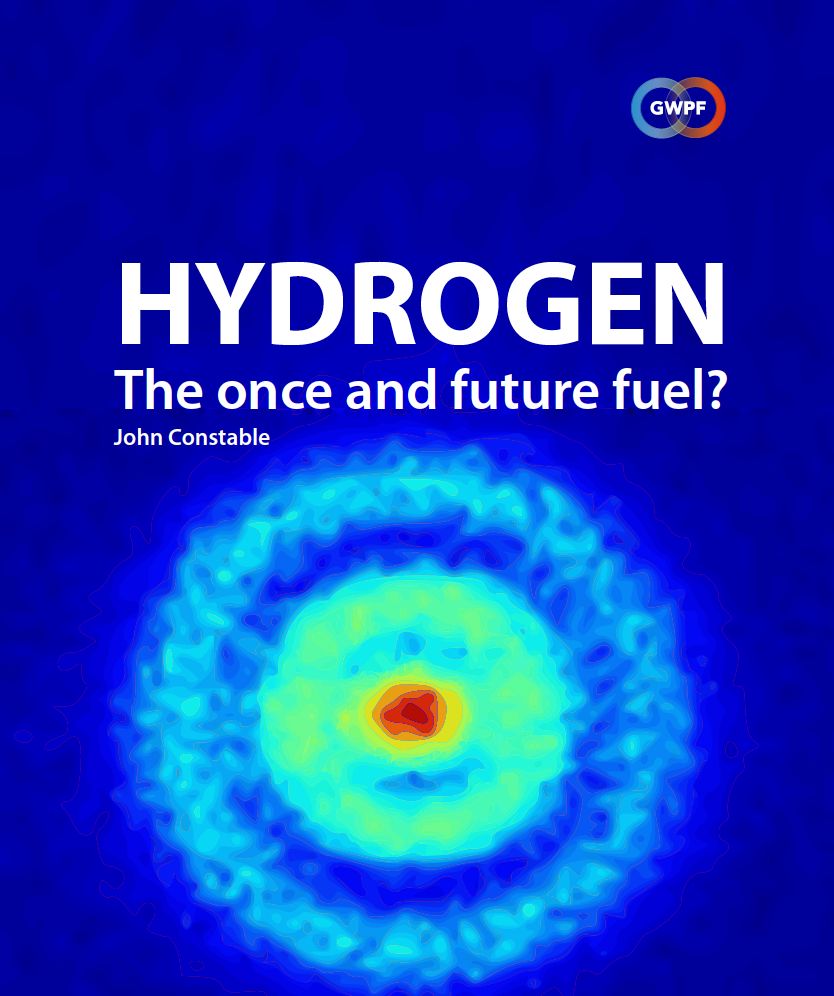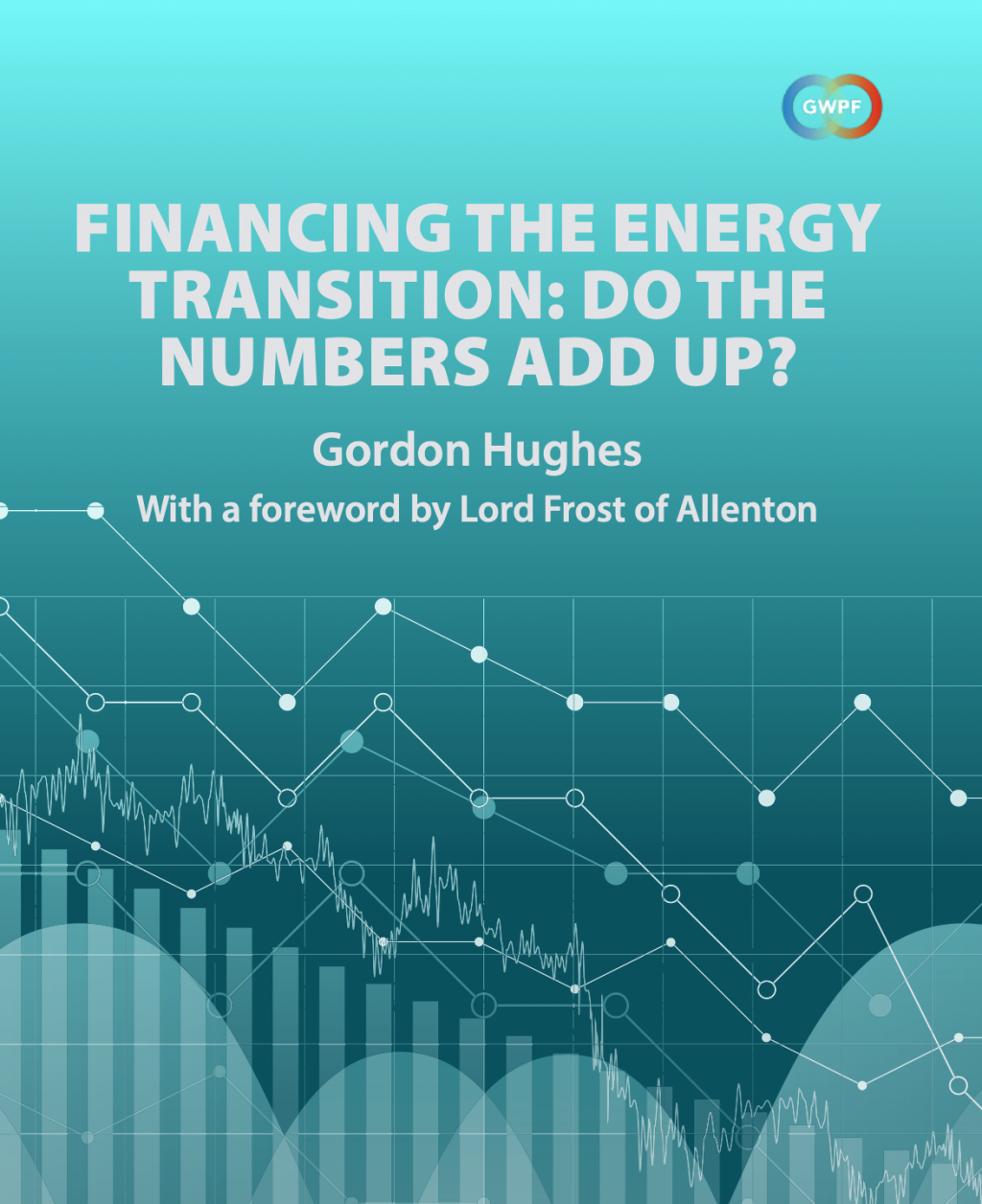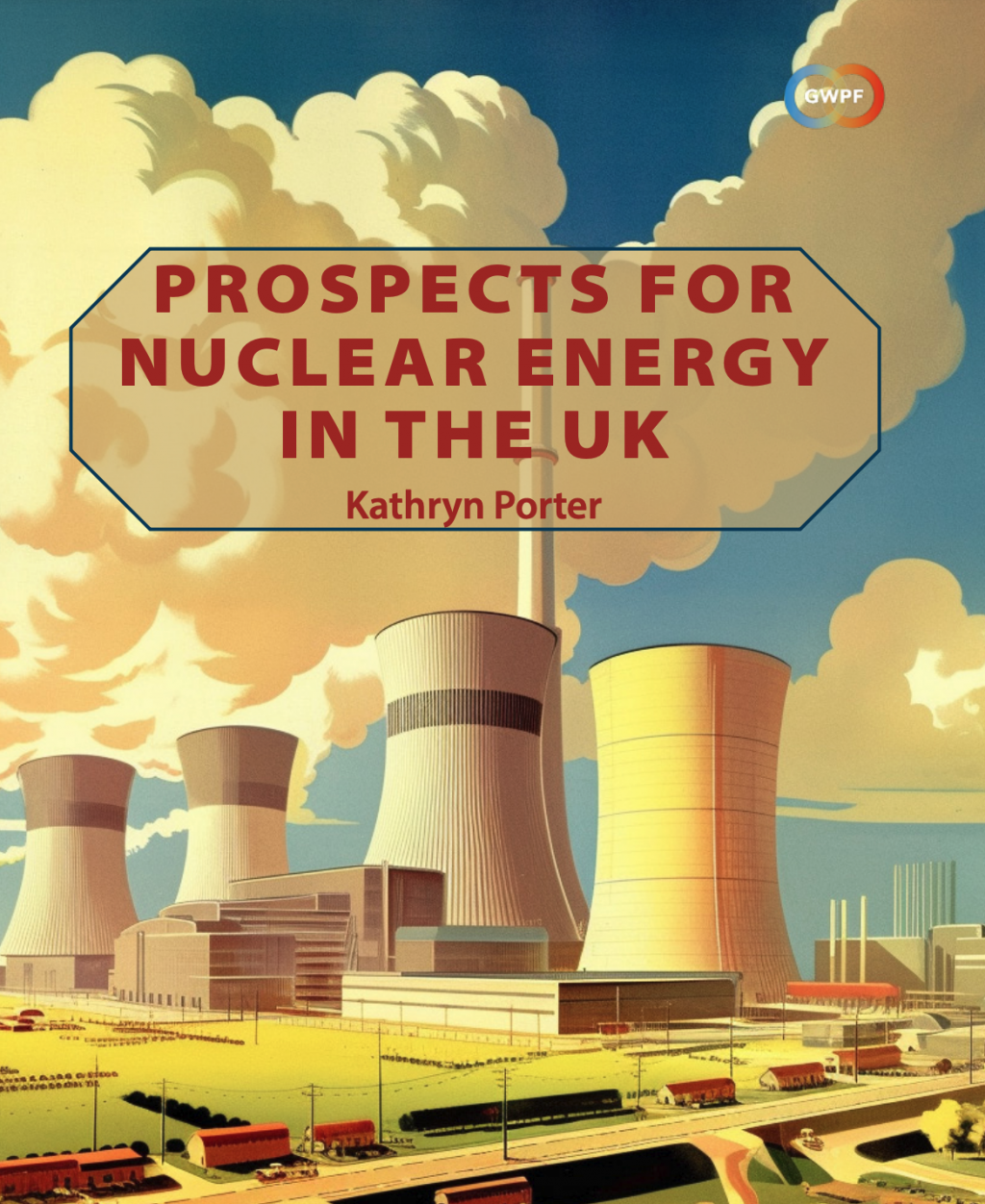London, 19 June: Desperate policy makers trying to reach Net Zero targets that are unaffordable and infeasible are rushing into the premature adoption of hydrogen as a last ditch attempt to save the current agenda.
Faced with the task of eliminating carbon dioxide emissions while sustaining economic growth, the UK government, like others around the world, is promoting hydrogen as an energy carrier for sectors of the economy such as heavy transport and peak winter heating that are extremely difficult to decarbonize.
The wisdom of this policy, with a special focus on the United Kingdom, is addressed in a new historical and technical study published today by the GWPF.
The study concludes that current enthusiasm is a desperate measure that will jeopardise the long-term promise of hydrogen for the sake of short-term political optics.
Because of the accelerated timetable required by arbitrary targets, it is necessary to manufacture hydrogen via two expensive and energetically inefficient commodity production processes, the electrolysis of water, and the reforming of natural gas.
Electrolysis is extremely expensive, and the reforming of methane emits carbon dioxide and so requires Carbon Capture and Sequestration, which is not only costly but unproven at the required scale. Both these commodity processes imply high levels of fresh water consumption.
The prudent approach, obvious since the 1970s and still the official long-range policy of the government of Japan, is to aim for hydrogen production by the thermal decomposition of sea water employing advanced nuclear reactors, which alone might conceivably make hydrogen cheap. This is, however, very difficult chemical and nuclear engineering, and its realisation lies well into the future.
The paper also notes that hasty introduction will not give enough time for safe societal adjustment to the inherent dangers of a fugitive and readily ignited gas that has a strong tendency to technical detonation (combustion with a supersonic combustion frontier). The learning experience could be needlessly painful and deadly.
Dr John Constable, author of the study, said:
“Hydrogen has genuine long term potential as a universal energy carrier to supplement electricity, but current methods of production are hugely expensive and will stress fresh water supplies. Target-driven haste is already resulting in accidents. Counterproductive and naive policies are compromising the hydrogen future.”
Hydrogen: The Once And Future Fuel (pdf)



